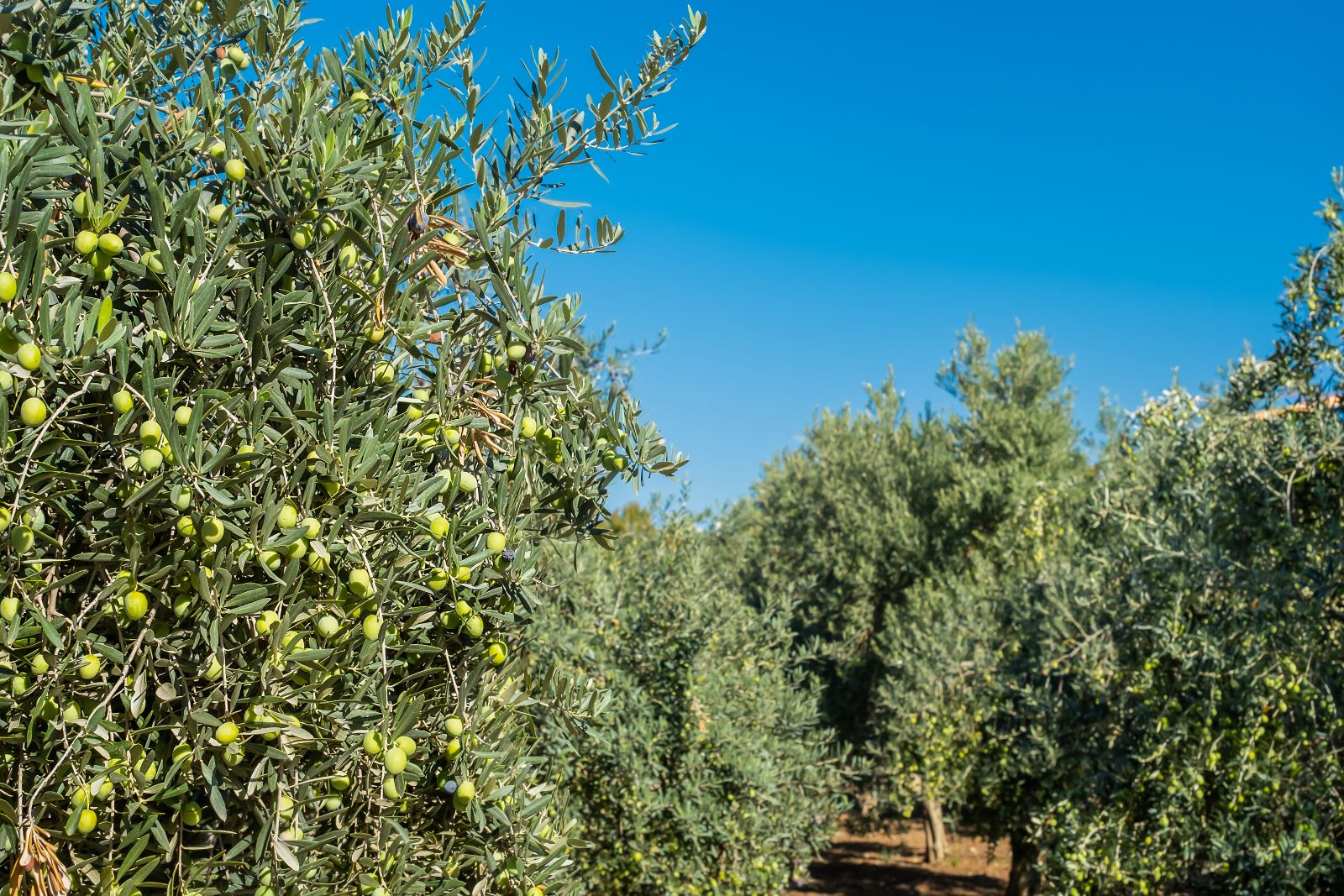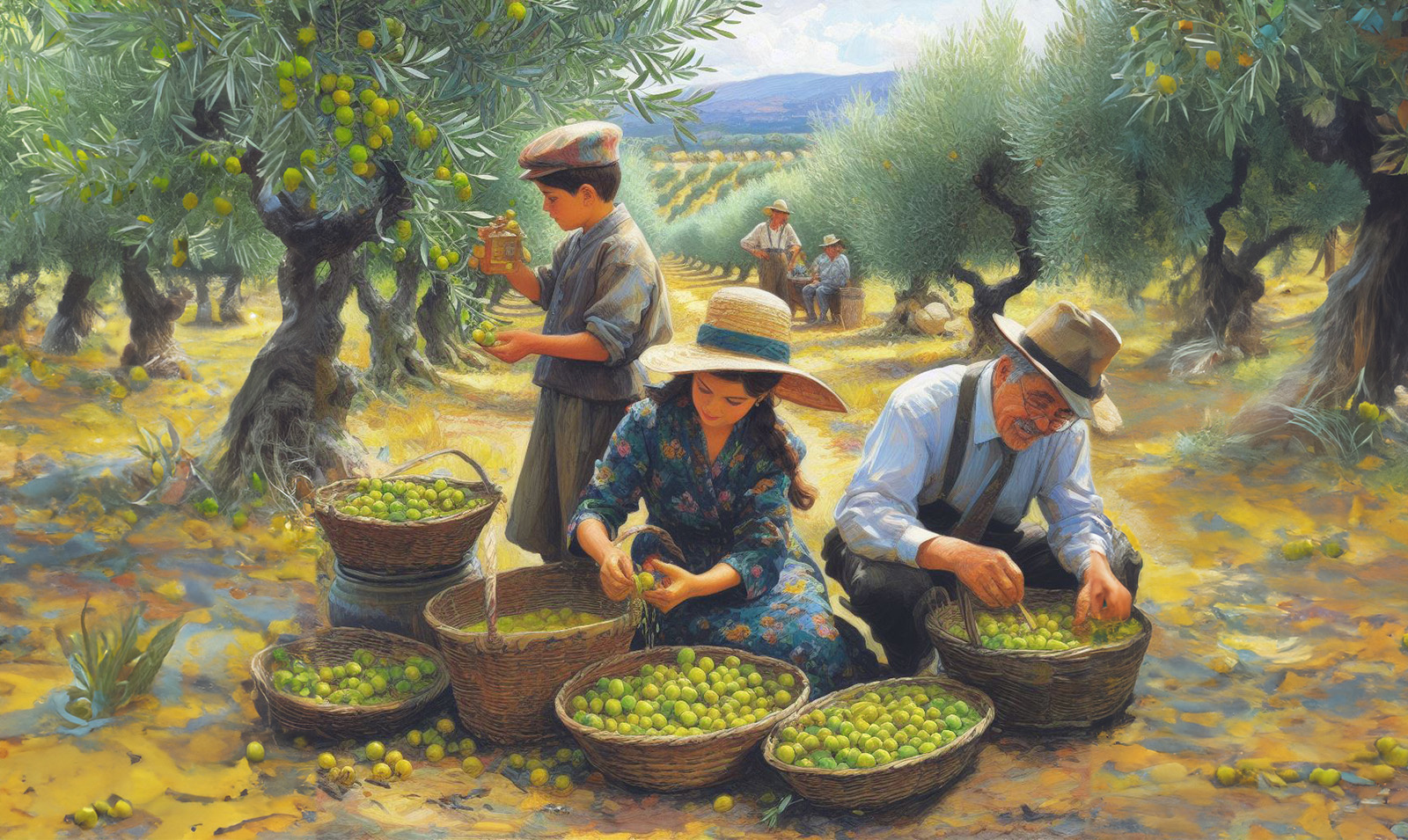
The Unparalleled Naturalness of Olive Oil
In the realm of culinary excellence, few ingredients boast a legacy as rich and a reputation as pristine as olive oil. This liquid gold has been cherished for centuries, not only for its unrivaled taste and versatility but also for its remarkable naturalness. As the epitome of healthful fats, olive oil’s journey from grove to table is a testament to the beauty of nature’s bounty.
The Essence of Olive Oil Production
Olive oil’s naturalness is rooted in its production process. Derived from the fruit of the olive tree (Olea europaea), the oil is extracted through a method that honors tradition and minimizes intervention. The primary method, known as cold-pressing, involves mechanically pressing the olives to release their oil, preserving the integrity of their natural flavors and nutrients. This gentle extraction process ensures that the oil remains largely unaltered, maintaining its authentic taste and inherent goodness.
Varieties and Terroir
Much like fine wines, olive oil’s flavor profile is heavily influenced by the concept of terroir—the environmental conditions in which the olives are grown. Olive trees flourish in diverse landscapes, from Mediterranean coastlines to rolling hills, each imparting a unique character to the oil. The cultivar, climate, altitude, and soil composition all contribute to the final product’s distinctive taste, making olive oil a true reflection of the land it comes from.
Healthful Benefits
The naturalness of olive oil extends beyond its taste and origin to its exceptional health benefits. Rich in monounsaturated fats, olive oil has been associated with numerous advantages, including cardiovascular health, inflammation reduction, and improved cholesterol levels. Its abundance of antioxidants, such as vitamin E and polyphenols, further underline its natural nutritional prowess. These compounds not only bolster the oil’s stability but also lend it protective qualities against oxidative stress, aligning perfectly with the principles of a natural, balanced diet.
Culinary Versatility
Olive oil’s natural charm extends to its versatility in the kitchen. From drizzling over salads to sautéing vegetables and even baking, its mild yet distinctive flavor enhances an array of dishes. It effortlessly melds with a spectrum of ingredients, enhancing their innate flavors rather than overpowering them. This adaptability exemplifies the harmony between nature’s offerings and the artistry of cooking.
A Sustainable Elixir
Olive oil’s naturalness finds a kindred spirit in sustainability. Olive trees are remarkably resilient and thrive in arid conditions, requiring minimal irrigation. This attribute aligns seamlessly with the modern pursuit of eco-conscious practices. Moreover, traditional methods of cultivation, often handed down through generations, foster a deep connection to the land and an appreciation for its resources.
Conclusion
In a world often shaped by artificial additives and industrial processes, olive oil stands as a beacon of naturalness. Its journey from sun-soaked groves to the kitchen table is a celebration of authenticity, where tradition and nature intertwine to produce a liquid that is as wholesome as it is flavorful. As we savor the complexity of its taste and embrace its healthful benefits, let us also honor the deep-rooted natural essence that sets olive oil apart as a timeless culinary treasure.





